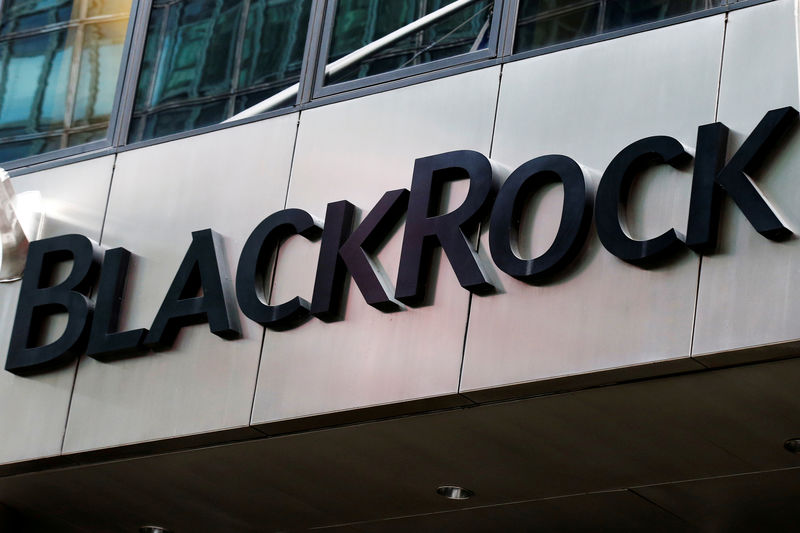By Barbara Lewis
LONDON (Reuters) - BlackRock (N:BLK), the world's largest asset manager, is actively investing in companies including Adidas (DE:ADSGn), Tomra (OL:TOM) and Ball Corp (N:BLL) through a new circular economy fund that bets on sustainable business.
BlackRock is the biggest investor in fossil fuels and has faced criticism particularly for its continued exposure to coal.
It says much of that is through passive, index-linked investment, which accounts for roughly 90% of its $6.84 trillion in assets under management, and that it is also the biggest investor in renewable energy.
Sumana Manohar, a manager of the new fund which has been launched with charity the Ellen MacArthur Foundation, told reporters in London on Tuesday it was focused on exposure to scrap, recycling and reducing plastic waste, and is actively managed.
Started on Oct. 2 with $20 million of seed capital, the fund is spread over 30 to 50 companies.
As examples, Manohar cited Adidas, which has committed to using recycled plastic and recycled polyester, Norway's Tomra, which provides what it calls "reverse vending machines" that allow consumers to return glass bottles and cans to supermarkets, and U.S. company Ball Corp, which makes recyclable aluminium packaging.
For a graphic on MSCI vs Adidas vs Tomra vs Ball, click https://fingfx.thomsonreuters.com/gfx/buzzifr/14/8022/8022/Pasted%20Image.jpg
Manohar declined to name any other companies, but said she expected the fund to expand over the coming years and include, for instance, recycling businesses that provide battery minerals.
Evy Hambro, global head of thematic and sector investing at BlackRock and who is also running the new fund, said the company had been assessing for about three years sustainability as a risk and an opportunity.
Speaking at a mining conference in Johannesburg last week, Hambro, who co-manages the BlackRock World Mining Trust (L:BRWM), said flows into investment funds labelled environmentally-friendly will increase the cost of capital rises for companies seen as less sustainable.
One result of the analysis of risk and business disruption, Hambro said, had been the partnership with the Ellen MacArthur Foundation. Named after the British yachtswoman who set a record for circumnavigating the globe, it focuses on shifting the economy to a circular model that eliminates waste.
Andrew Morlet, the foundation's chief executive, said it had previously worked closely with companies, governments and cities and the education system.

"The finance sector is a very important part of accelerating this transition," he said.